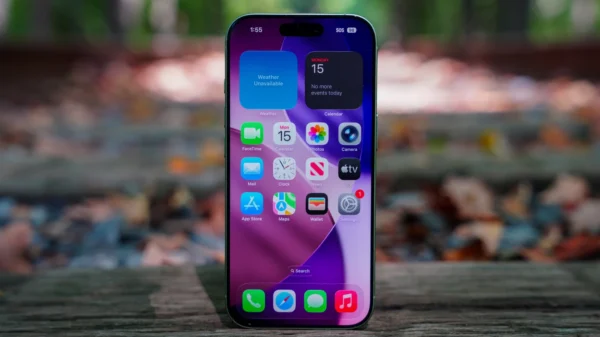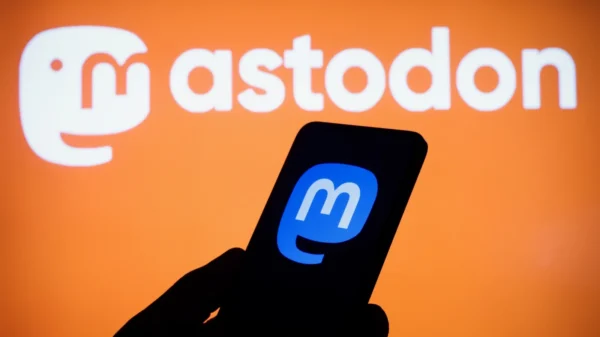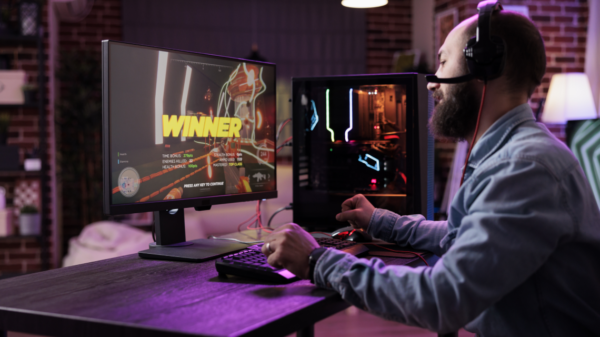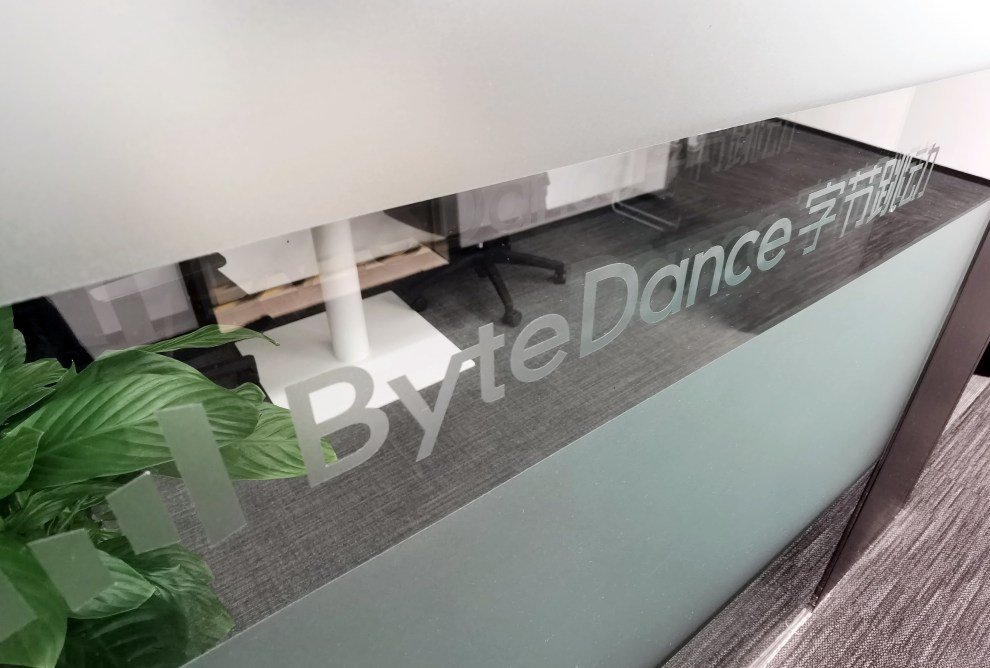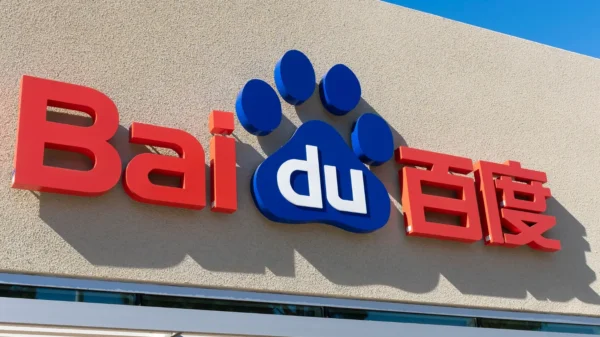ByteDance’s aspirations in the game industry proved to be a time- and money-consuming yet ultimately unsuccessful endeavor.
Late in the year 2021, it became one of the company’s six primary business groups, bringing to light the TikTok parent company’s intentions for the video gaming industry. This posed a fresh threat to industry leaders such as Tencent, NetEase, and the up-and-coming company MiHoYo. Despite this, the gaming division, which goes by the name Nuverse and has had lackluster results for the past two years, is dramatically cutting back on its activities, a move that has taken many of its employees by surprise.
“On a regular basis, we evaluate our operations and make modifications so that we may better focus on areas of long-term strategic growth. After doing recent research, we came to the tough conclusion that it is in our best interest to reorganize our gaming company,” a spokeswoman for ByteDance said in a statement provided to TechCrunch.
According to sources familiar with the situation who spoke with TechCrunch, the most recent round of mass layoffs began on Monday, and many members of Nuverse are still eagerly awaiting a decision on their future. According to a Chinese technology news source called LatePost, Nuverse swiftly expanded to over 3,000 workers in 2021 and has kept that size throughout the last few years. The ultimate company reorganization’s potential impact on how many employees is unknown.
ByteDance has also made significant investments in acquisitions, including the $4 billion purchase of an up-and-coming studio in Shanghai known as Moonton. Earlier this month, Reuters published an article stating that the company is considering selling the studio and has reportedly discussed the matter with a company in Saudi Arabia.
On Monday morning, Reuters was the first news organization to publish information regarding the company’s decision to lay off employees. The news organization cited anonymous sources in its article, which stated that ByteDance will soon announce the “winding down of its Nuverse gaming brand and full retreat from mainstream video games.” The response by ByteDance, however, gives the impression that certain team members would be kept on.
ByteDance’s failure in the video gaming industry and its virtual reality project Pico raises questions about the generalizability of the company’s data-driven A/B testing method, which is responsible for TikTok’s meteoric rise to the position of industry leader. ByteDance has accumulated an unprecedented depth and breadth of customer knowledge thanks to the short video applications it has developed.
The success of video games, on the other hand, necessitates a much longer and more patient creative process, and arguably, the outcome of such a process is less predictable than the rapid satisfaction provided by dopamine-fused video clips. Its competitors, Tencent and NetEase, have each been devoting more resources to creating games with drawn-out production times.
After two years and the absence of a ground-breaking title or significant commercial success, Nuverse’s status as one of the primary revenue drivers at ByteDance is expected to be the subject of intensive scrutiny by the company’s management team. ByteDance is one of the few remaining Chinese internet titans that has not gone public, partly because it has become entangled in the escalating tensions between the United States and China.
The Chinese internet sector has been struggling with a massive regulatory crackdown in recent years, which has led to a dampening of enterprises and a cut in the workforce. The widespread layoffs at Nuverse are additional bad news for the industry, reeling from the widespread regulatory crackdown. A halt in license applications significantly impacted the video gaming industry in particular; however, even though this process has since resumed, issues with the macroeconomy have impeded the industry’s recovery.









